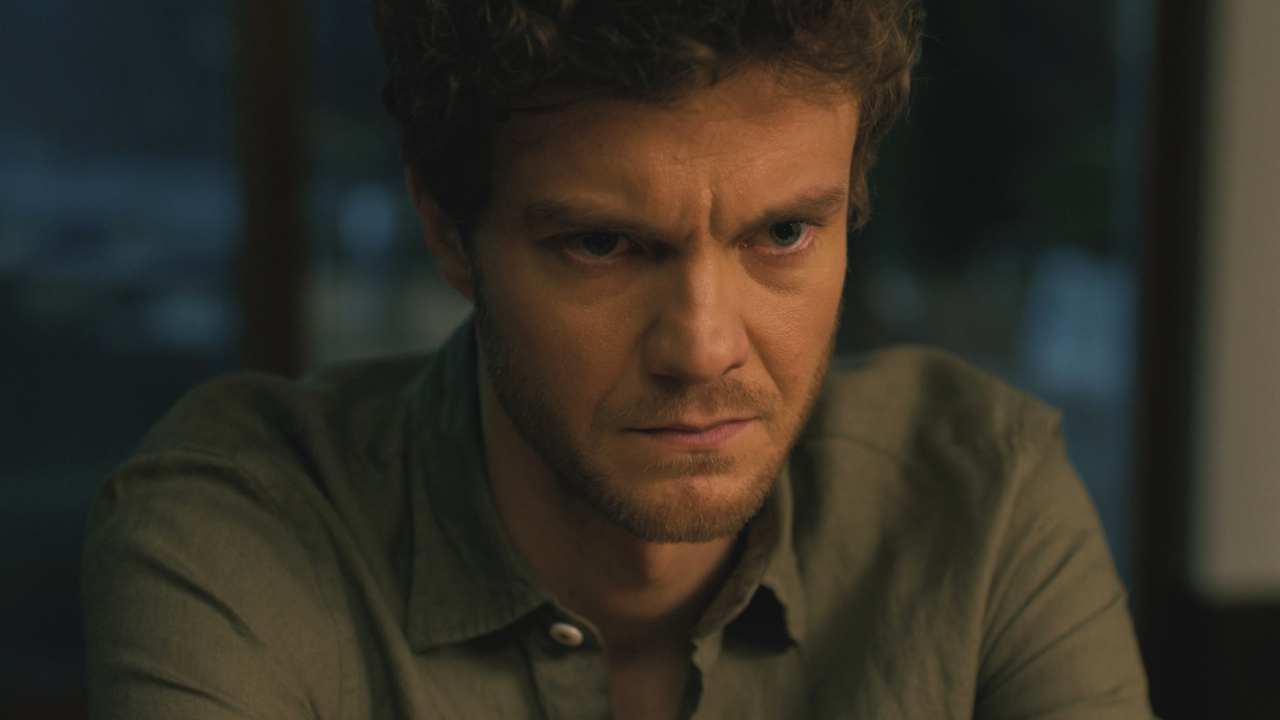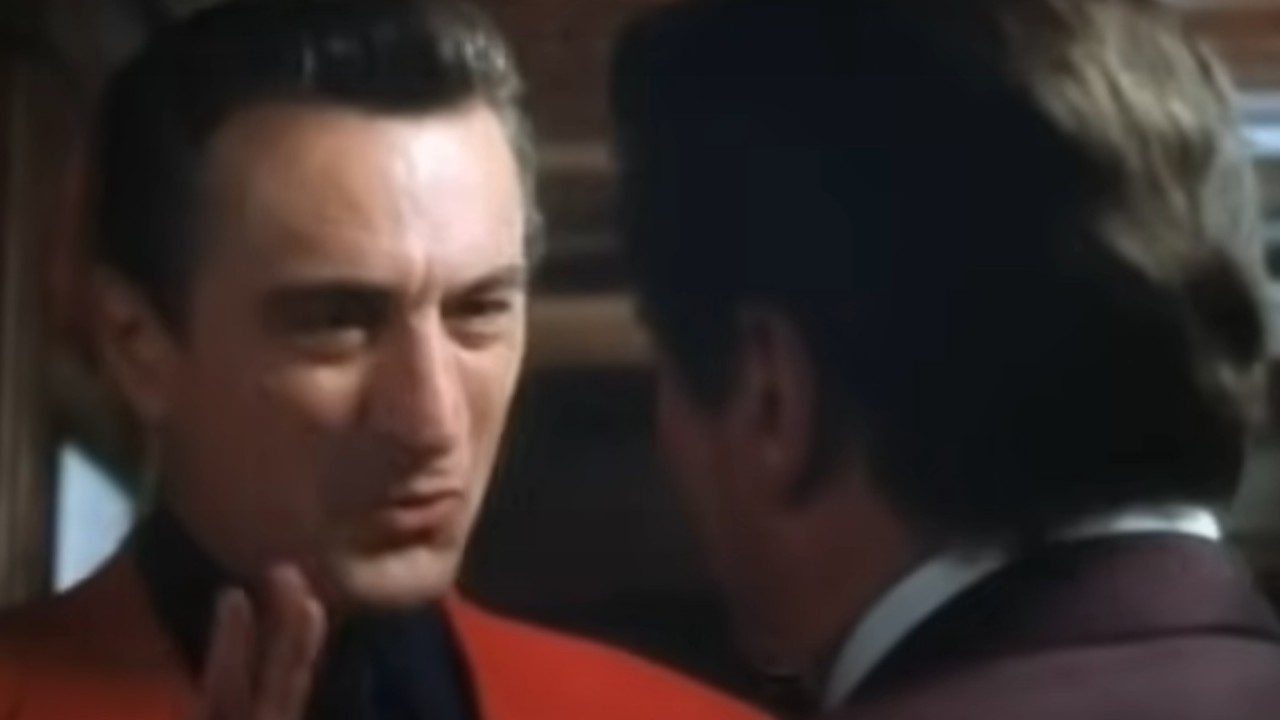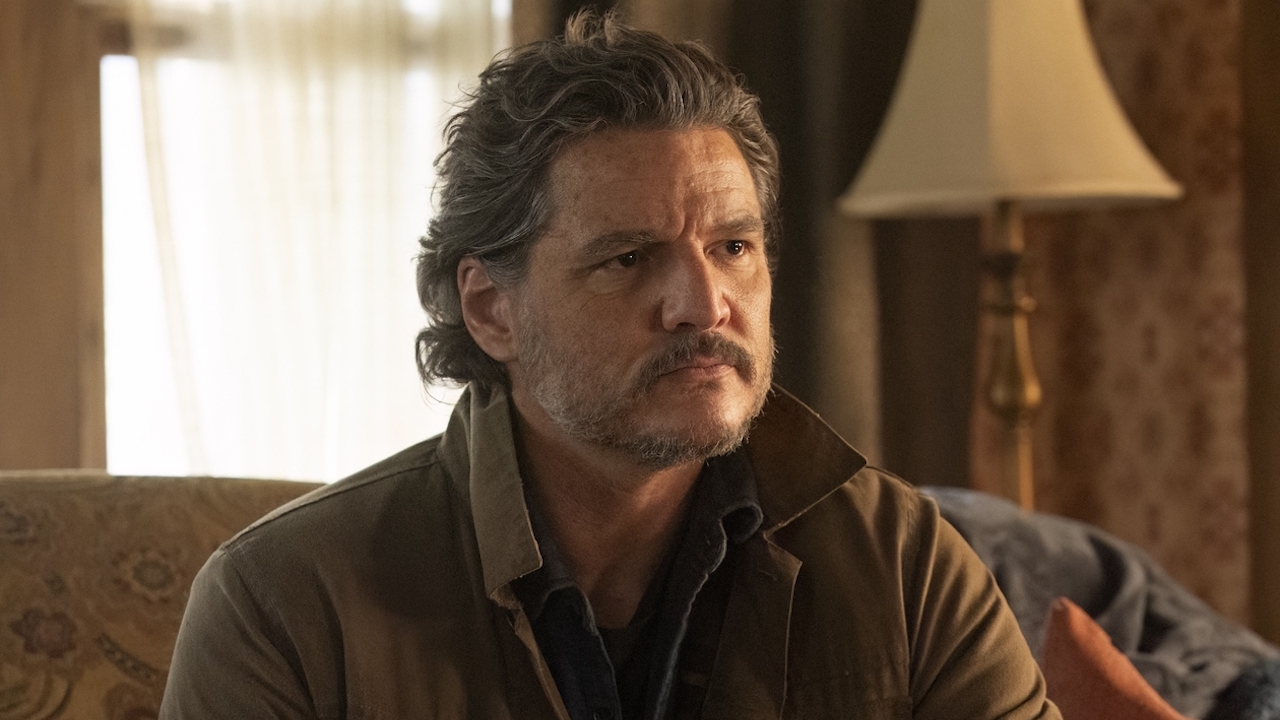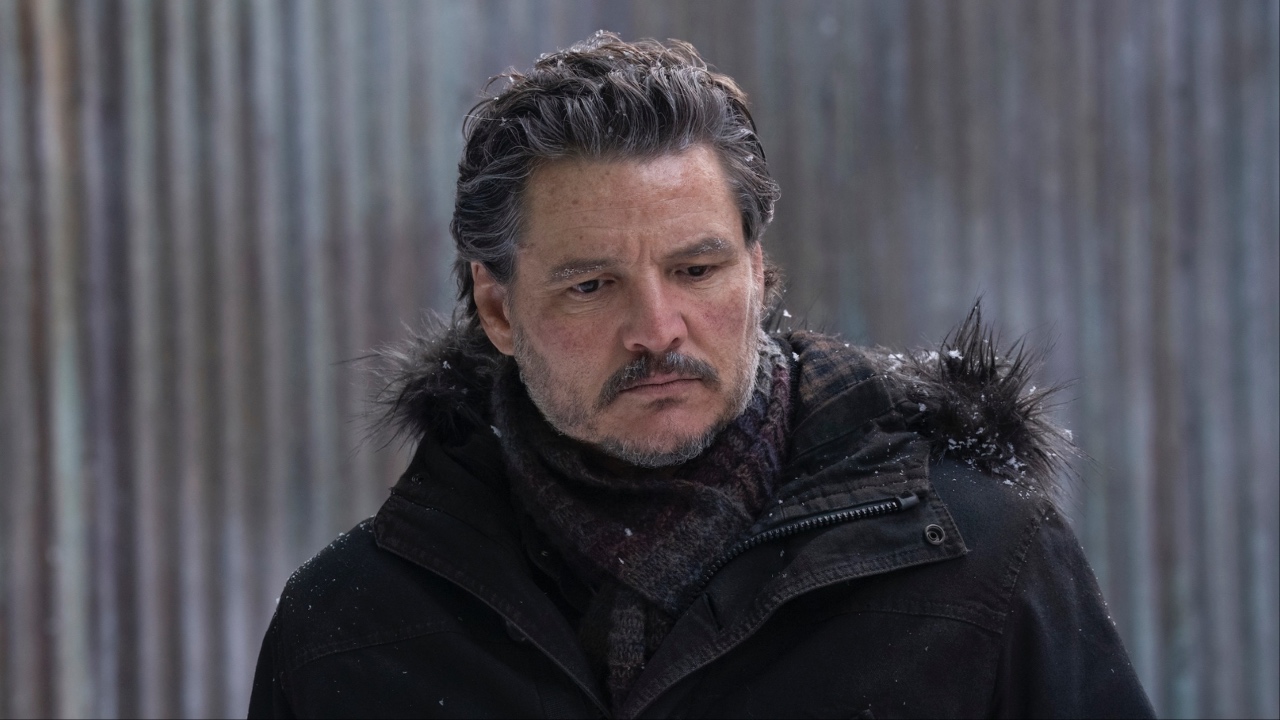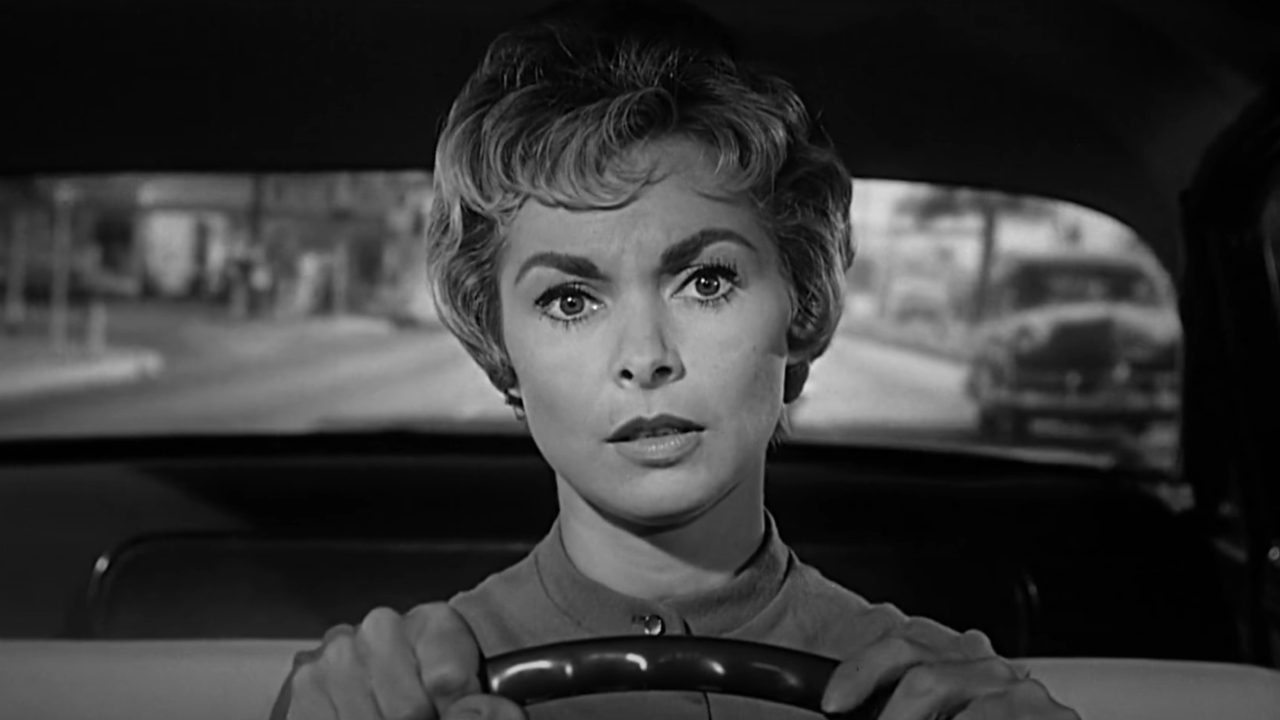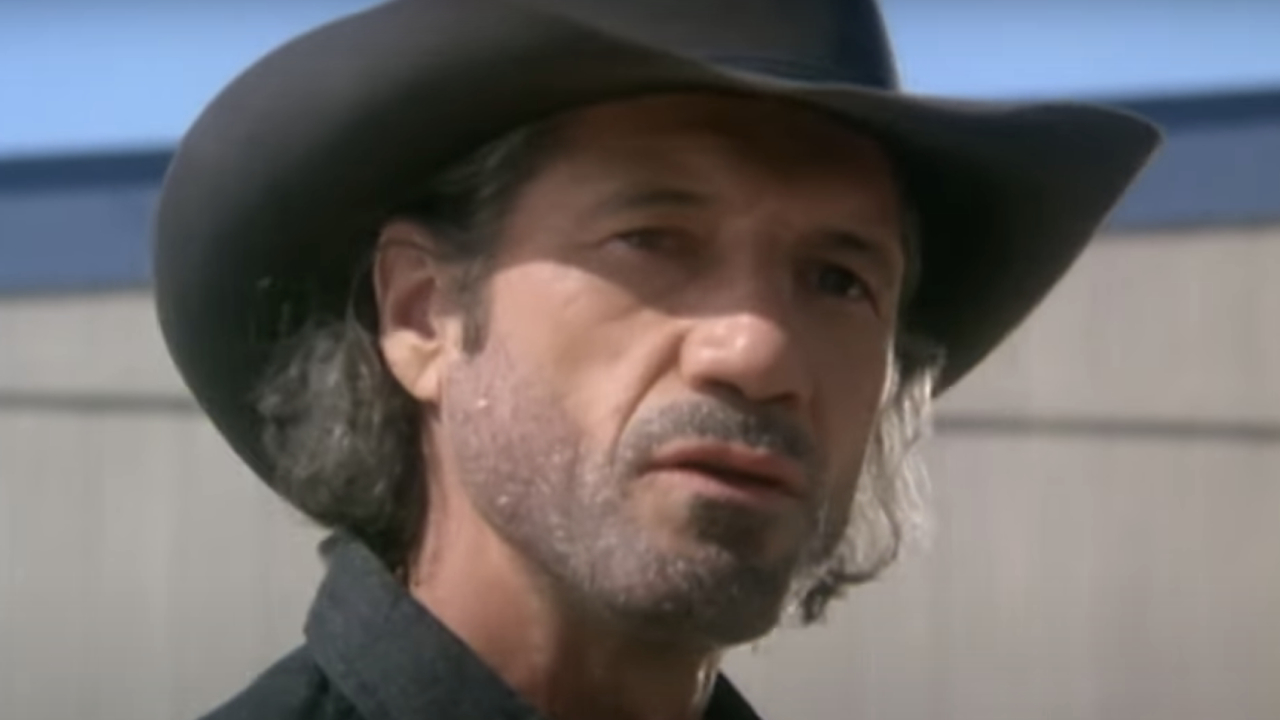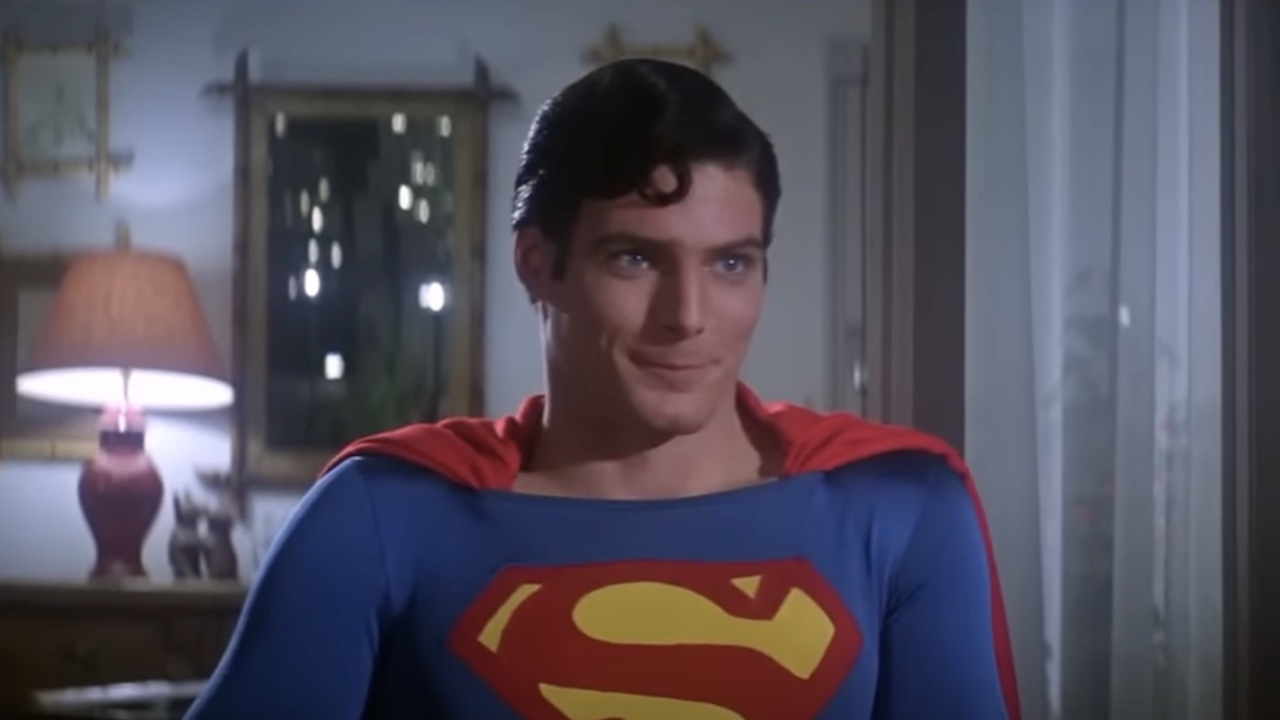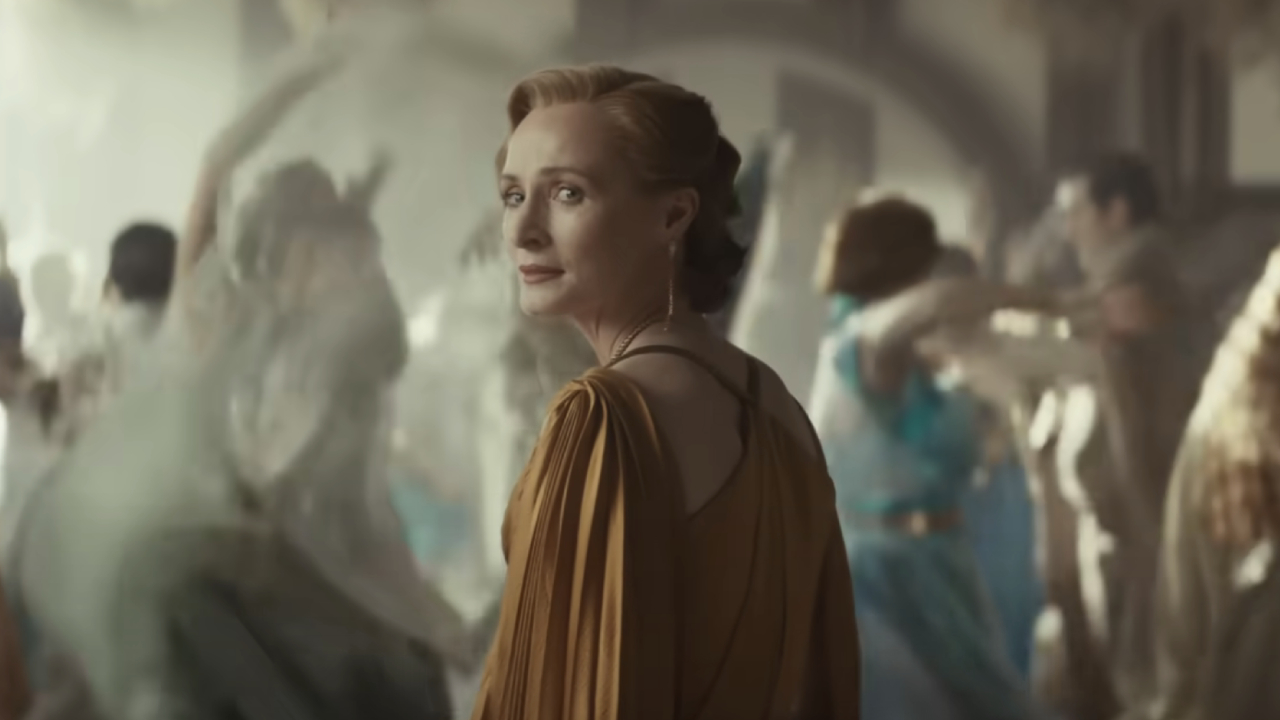I'm A Huge Sherlock Holmes Fan Who Just Started CBS' Watson, But I'm Having Some Issues (So Far) With The Classic Characters
Watson makes some interesting, and questionable changes to the classic Holmes and Watson story.
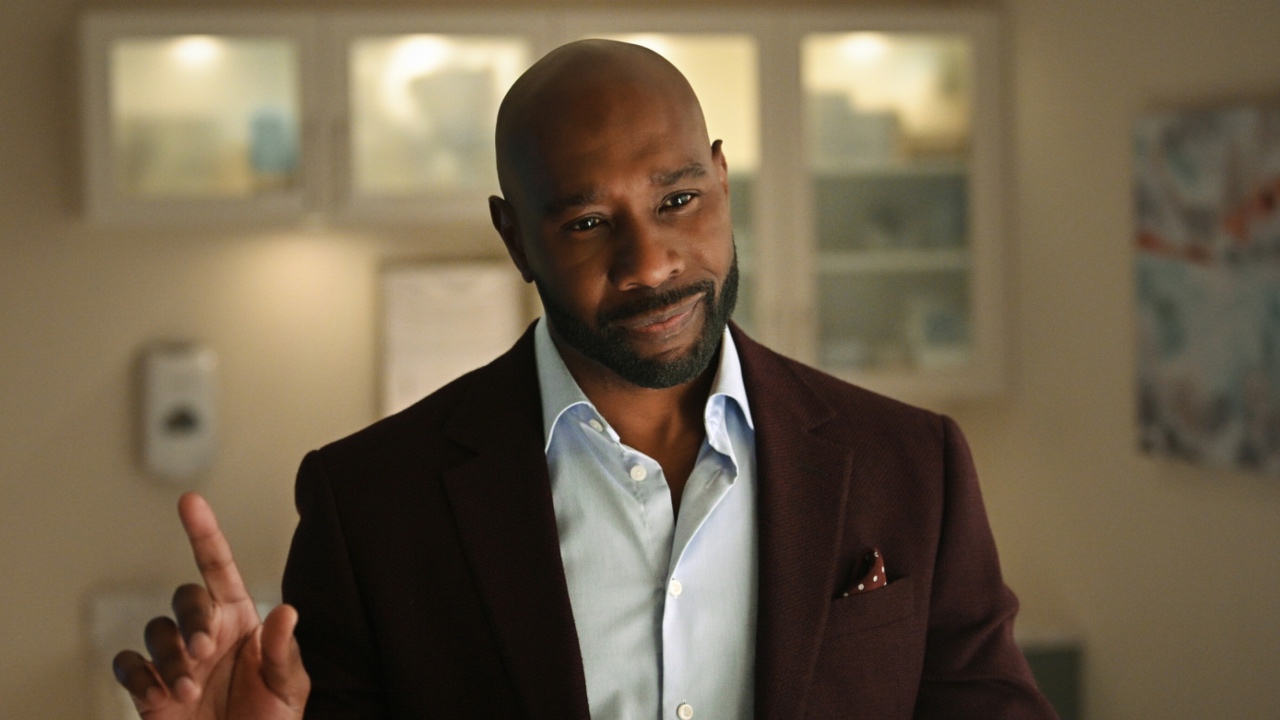
The following contains spoilers for the first episode of Watson on CBS
When I was about 12 years old I had surgery that left me mostly immobile for several weeks. My dad, having had a similar situation due to a pair of broken arms when he was my age, handed me the books his father gave him (and that now sit on my own bookshelf), William S. Barring-Gould’s two annotated volumes of the complete works of Sir Arthur Conan Doyle's Sherlock Holmes. From that moment, I was hooked on the Great Detective.
Over the decades I have consumed a massive amount of Holmes media. I have seen all the various Holmes film and TV adaptations that you know of, and a lot more that you’ve likely never heard of. Good or bad, if it’s related to Sherlock, I’ll at least give it a chance. So when I saw that CBS had created Watson, a new medical procedural based on Sherlock’s long-suffering sidekick, I had to use my Paramount+ subscription to see if it was any good.
Having now watched the pilot, I am… concerned. As a spiritual successor to House M.D., one of my favorite shows, it’s entertaining enough, but as a Sherlock Holmes adaptation, I’m less confident.
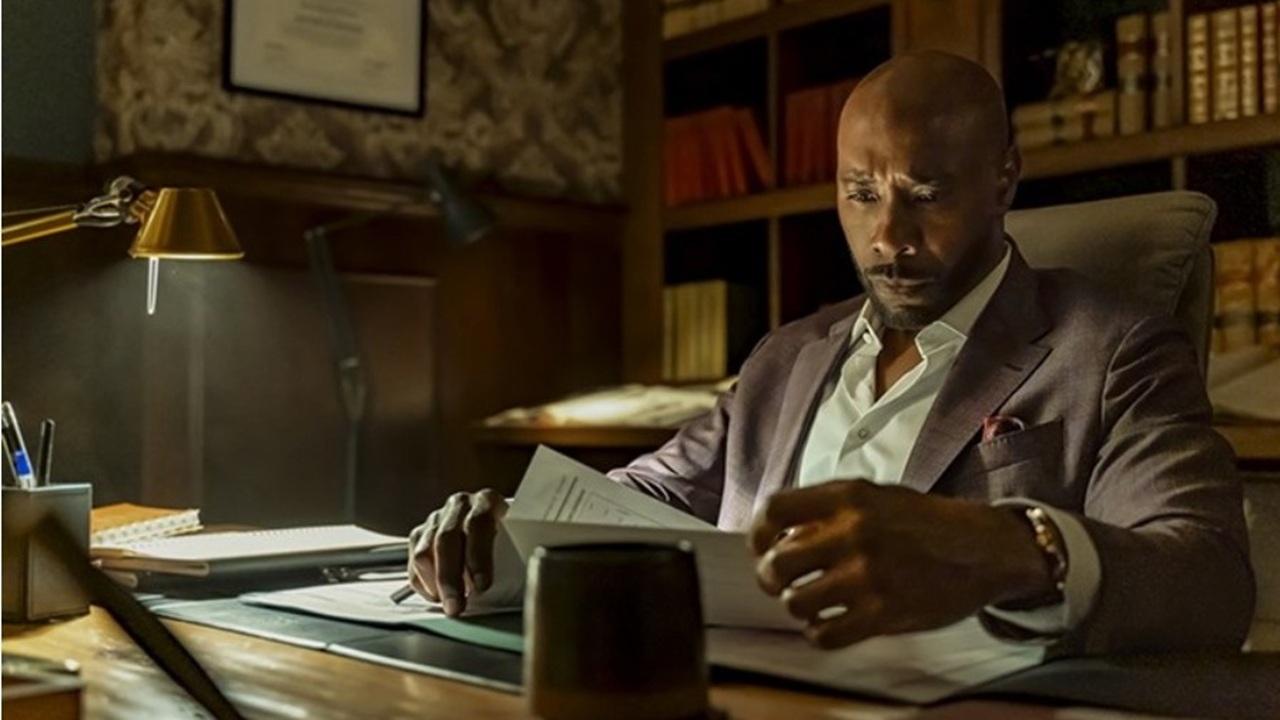
Watson Makes Some Key Changes To Classic Sherlock Holmes Characters
Watson is set in the modern day, similar to other recent adaptations like Elementary and Steven Moffat's Sherlock, but it starts following a relationship between Sherlock Holmes and Dr. Watson that seems to more or less mirror the way Sir Arthur Conan Doyle’s stories went. The story picks up following the apparent death of Sherlock, and Holmes has left Watson some money with which to open his own medical clinic.
Watson is still a former Army doctor, but while traditionally Watson suffered physical injury in Afghanistan, this one suffered a traumatic brain injury during the events leading to Sherlock’s death. Also, while Watson traditionally met his wife Mary as part of working with Holmes, this Watson apparently left his wife, who is still Mary Morstan, to work with the detective, and the pair are now splitting up.
The show also introduces Shinwell Johnson as a regular character. He’s a minor character in the Conan Doyle stories, essentially a thug that Holmes occasionally hires to do things that the gentleman Holmes would never get his hands dirty with. Here, Johnson is an, apparently reformed criminal, though his exact motivations and allegiances may not be entirely clear.
CINEMABLEND NEWSLETTER
Your Daily Blend of Entertainment News
On the whole, I don’t have a problem with the changes to these characters and their relationships. By and large, changing up the classic story is what makes retellings of Holmes and Watson stories interesting. But there are a few decisions that I’m not sure work, based on where we can guess the series may be going.
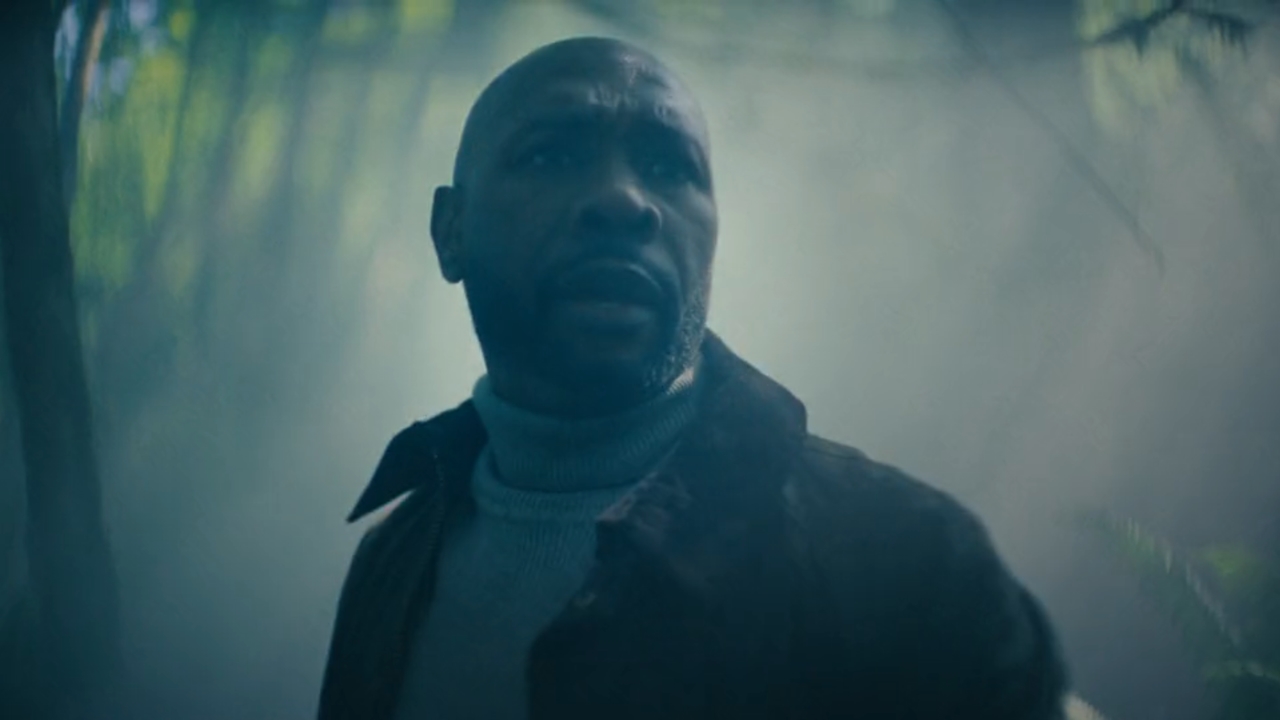
Watson Witnesses Sherlock’s “Death”
The death of Sherlock Holmes is an iconic part of the story of Holmes and Watson, and by setting the story following that moment, Watson is able to stand on his own, at least for now, but the show makes a noteworthy change in having Watson witness the fight.
It’s well known that Sherlock Holmes isn’t killed at Reichenbach Falls. Both Robert Downey Jr.'s movies and Benedict Cumberbatch's Sherlock series dealt with versions of the story, and neither bothered to pretend for more than a few minutes that Sherlock was actually dead.
In the original stories, Holmes simply fakes his death. Watson doesn’t arrive at the scene of the fight until well after it’s over. Watson deduces the death of Holmes and Moriarty from the evidence in front of him, as Holmes taught him. But Holmes has set up the evidence, so he can appear dead, so as to hunt down Moriarty's henchman from the shadows.
It’s still possible, ultimately likely, that if Watson lasts long enough, we’ll see the show’s version of Sherlock Holmes. He probably isn’t dead, but assuming that we can take the episode’s opening at face value (though Watson’s brain injury may give the story some wiggle room in that regard) it appears that Holmes will have survived his apparent death, not faked it.
The issue is that witnessing all this makes the survival of Moriarty, confirmed at the end of the episode, (which doesn't happen in the Doyle vesion) and likely Holmes as well, make less sense. Watson himself nearly died, and nobody was actively trying to kill him at the time. To see both Holmes and Moriarty also survive makes the whole thing sort of pointless.
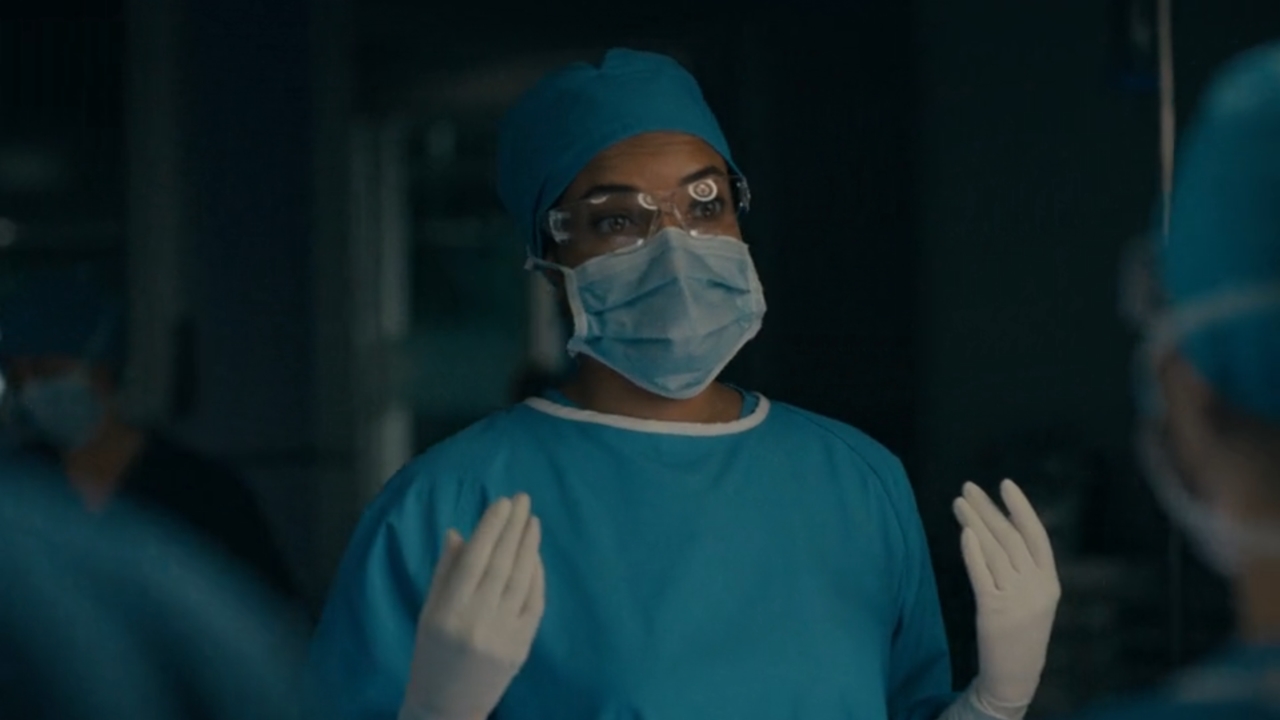
Wait, Watson’s Not A Surgeon?
This Dr. Watson is obviously still a doctor, but he’s a very different sort of one than the Watson we usually have. Watson’s title character introduces himself to his first patient as a “clinical geneticist and internist.” At the time I didn’t think anything of it, but then, near the end of the episode Watson needs a surgeon, and I realized he’s not one.
Watson is traditionally an Army surgeon and so when this Watson said he’d been in the Army I made the leap to assume this part of the character was being kept intact, but he has to turn to his ex-wife when a surgeon is needed. It’s a weird change to make. Maybe this Watson wasn’t a doctor in the Army? How many clinical geneticists are there in the military?
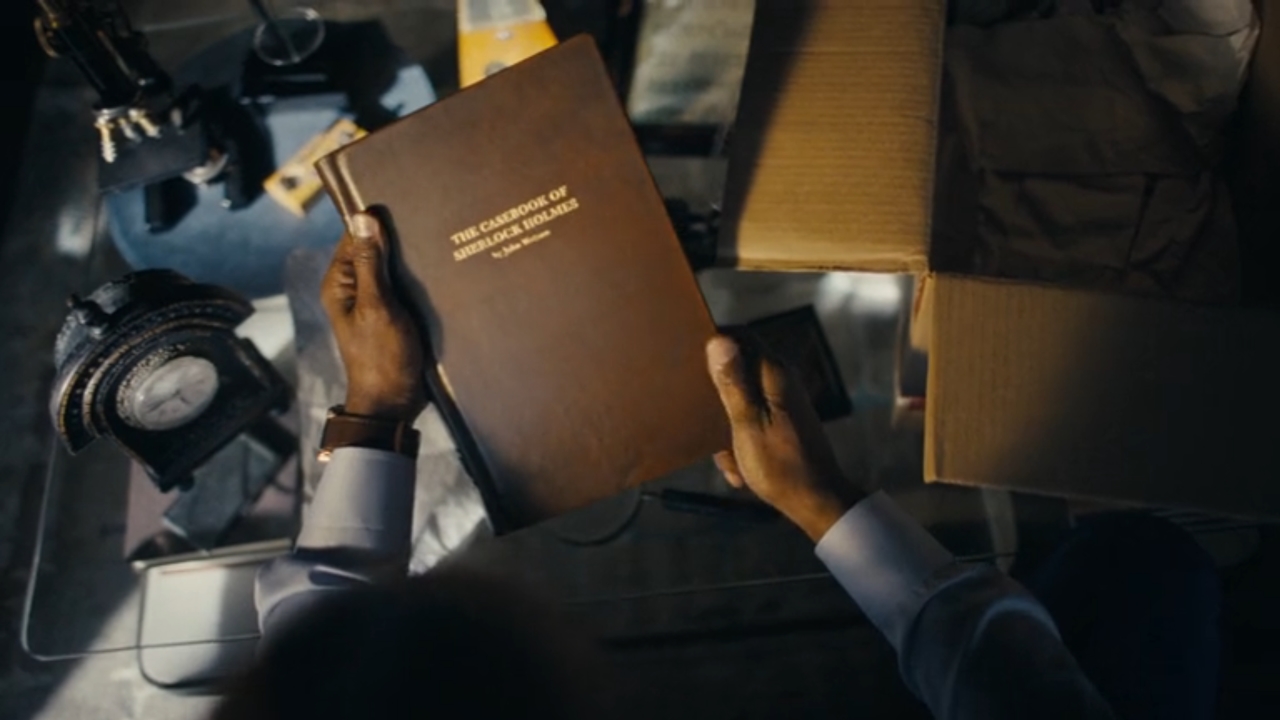
I Hope The Changes Lead To Something Interesting
As I said earlier, I don’t have a particular issue with Watson making changes to canon. At the same time, if changes are going to be made, I hope they are made with a point in mind.
Certainly, Watson’s work as a geneticist is going to be key to whatever the show’s long-term plot is. Shinwell, seemingly against his will, provided samples to Moriarty for some nefarious plot. It makes one wonder if it was really Holmes who provided the money for Watson’s clinic in the first place.
Honestly, I hope that Sherlock Holmes stays dead. It makes Moriarty’s survival make more sense if he successfully killed Holmes, and it allows the title character of Watson to be the show’s hero if he ends up fighting Moriarty on his own. That’s the sort of flipping the script on the traditional Holmes narrative I can get behind.
The pilot of Watson is a bit rough. It had a lot of exposition it needed to get across since it was the first episode, and while a lot of it was ham-handed and forced, now that it’s done, I’m hopeful future episodes will be be a bit smoother. I’ll give the show a bit more time when it returns in a couple of weeks.
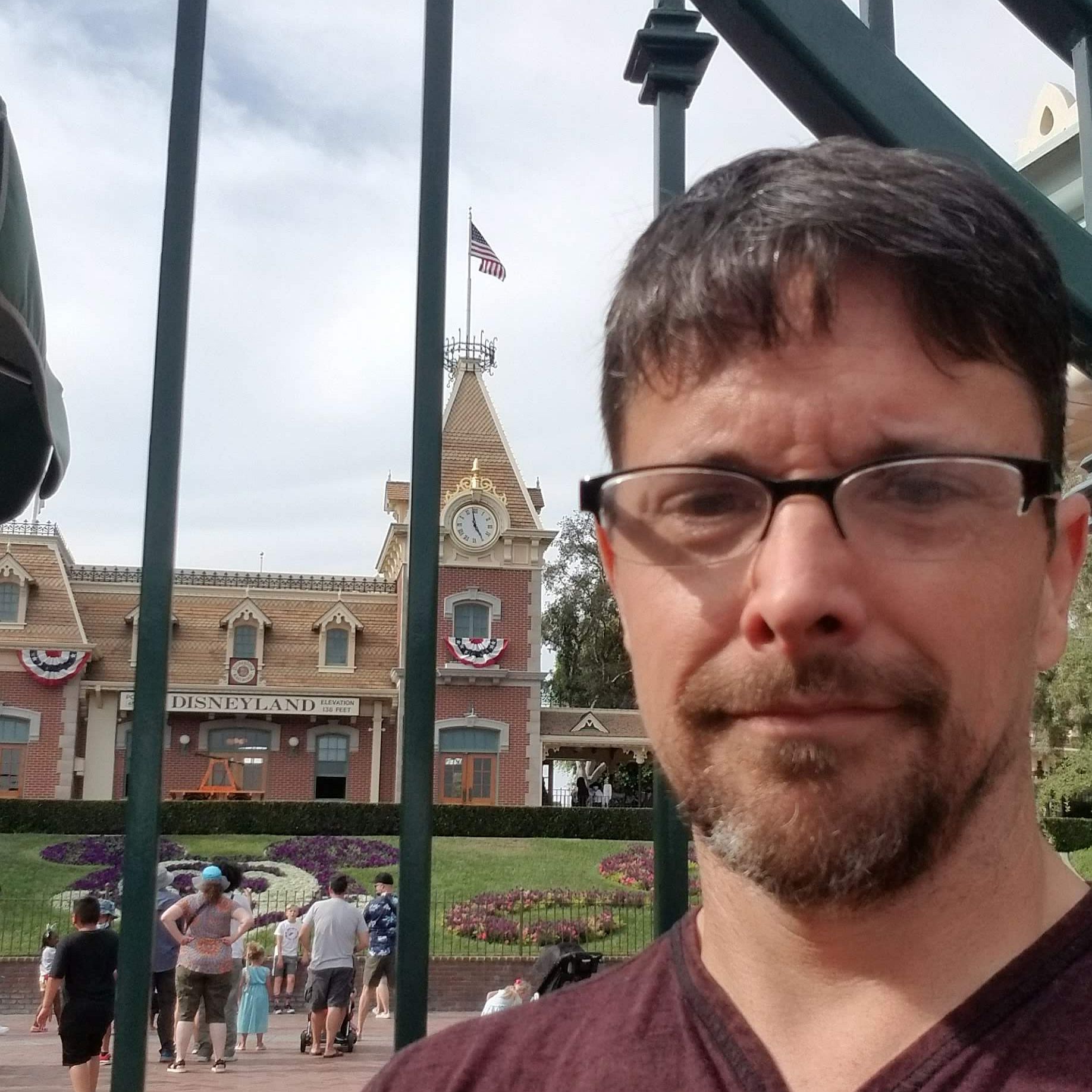
CinemaBlend’s resident theme park junkie and amateur Disney historian, Dirk began writing for CinemaBlend as a freelancer in 2015 before joining the site full-time in 2018. He has previously held positions as a Staff Writer and Games Editor, but has more recently transformed his true passion into his job as the head of the site's Theme Park section. He has previously done freelance work for various gaming and technology sites. Prior to starting his second career as a writer he worked for 12 years in sales for various companies within the consumer electronics industry. He has a degree in political science from the University of California, Davis. Is an armchair Imagineer, Epcot Stan, Future Club 33 Member.
You must confirm your public display name before commenting
Please logout and then login again, you will then be prompted to enter your display name.

